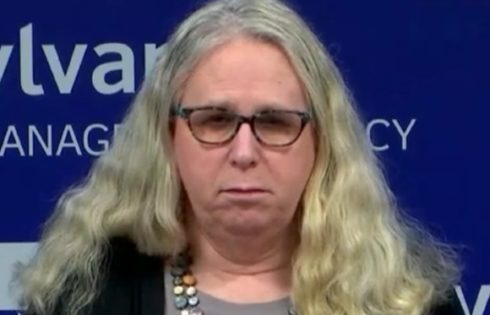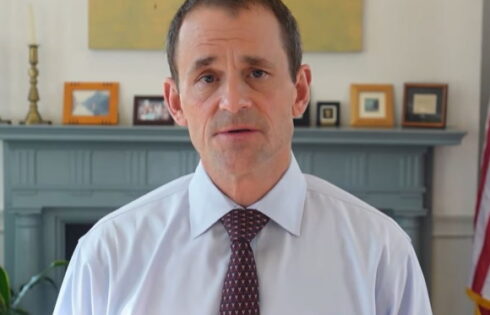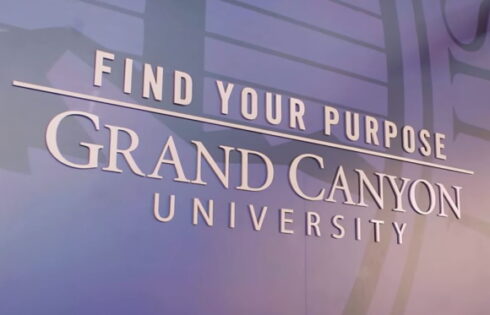
‘Discriminatory or offensive language is not permitted’
“Offensive” social media comments are banned, Columbia University recently announced.
The university “embrace[s] the principle of free speech” and supports “comments and engagement with our social media posts.”
But it may delete anything it considers “offensive,” “harmful,” or false, under its news “comment moderation policy.” The university was at one time the worst college for free speech.
The public affairs office wrote on Monday:
While our reply sections can be a space for robust debate and even disagreement, we will take action to ensure that they are not used to spread hate, target groups or individuals, propagate falsehoods, reveal private information, or contribute to an unsafe environment. Discriminatory or offensive language is not permitted. Comments should be on topic and may not be used to promote commercial activities.
“Abusive or threatening language,” “Obscene or vulgar language,” and “References to distressing events or subjects, particularly when they’re off-topic,” will get the boot by the university.
“We reserve the right to remove individual comments and restrict or close replies at our discretion,” the university stated. “Users who violate the University’s comment moderation standards may be blocked and prevented from engaging further.”
The public affairs staffers are not the only employees who take an unfavorable view of robust freedom of expression.
Jameel Jaffer at Columbia University’s First Amendment center favors the close ties between Big Tech and President Joe Biden’s administration, now the focus of a Supreme Court case.
“It can’t be that the government violates the First Amendment simply by engaging with the platforms about their content-moderation decisions and policies,” the former ACLU employee previously told The New York Times.
Journalism Professor Emily Bell supports efforts to audit news companies to ensure a “truthful news environment.”
Columbia University journalism fellow Anika Navaroli has also called Elon Musk’s support for free expression “dangerous.”
“What has now become clear is that Musk’s vision of speech on X is one of the greatest dangers to democracy, especially leading into the 2024 elections,” Navaroli wrote last year.
She’s a colleague of Professor Bell at the school’s Tow Center for Digital Journalism. According to her bio, “she was on the frontline of modern battles for digital human rights, including the decision to suspend President Donald Trump from Twitter.”
“Within these technology companies, Anika’s work also challenged the traditional balance made between free expression and safety by advocating for an approach that took societal power into account,” her university bio states.
The former Twitter employee said speech is “evolving,” “complicated,” and “sticky.”
MORE: Princeton library labels ‘offensive’ archive content
IMAGE: Pathdoc/Shutterstock
Like The College Fix on Facebook / Follow us on Twitter






Please join the conversation about our stories on Facebook, Twitter, Instagram, Reddit, MeWe, Rumble, Gab, Minds and Gettr.